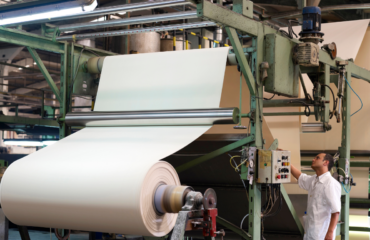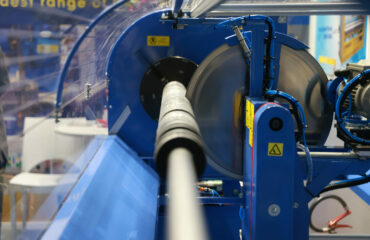The fashion revolution isn’t just a trend—it’s a full-blown transformation. It’s bold, it’s beautiful, and it’s reshaping everything from haute couture to humble factory floors. Circular fashion, once a niche concept whispered among eco-warriors, is now the heartbeat of the industry. And guess what? It’s not just designers and influencers leading the charge. Garment and textile manufacturers are stepping into the spotlight, armed with smart machines and sustainable strategies.
Circular Fashion: More Than Just a Buzzword
Let’s be real. Fashion has always been about reinvention. But the fashion revolution is different. It’s not about chasing the next look; it’s about changing the way we make, wear, and reuse clothing. Circular fashion means designing garments that last longer, can be repaired, recycled, or repurposed, and don’t end up as landfill clutter.
Consumers are loving it. From thrifted treasures to biodegradable sneakers, they’re choosing pieces that tell a story—and respect the planet. But behind every conscious choice is a manufacturer making it possible.
The Factory Floor Joins the Revolution
Here’s where things get exciting. The fashion revolution isn’t just happening on runways or in retail. It’s happening in factories, where smart technology is turning sustainability into profitability.
Modern fabric inspection systems now detect flaws before cutting begins, reducing waste and improving quality. Automated cutting machines use AI to map out the most efficient layouts, saving material and time. These innovations aren’t just cool—they’re crucial.
According to the Stockholm Resilience Centre, circular fashion models are key to reducing environmental impact and building resilient supply chains. And manufacturers who embrace these models are seeing real results.
Fashion Revolution = ROI Revolution
Let’s talk numbers. The fashion revolution isn’t just good for the Earth—it’s good for business.
By optimizing material use with smart inspection and cutting tech, manufacturers reduce fabric waste, lower production costs, and increase output. That means better margins and faster turnaround. Plus, sustainable practices attract eco-conscious brands and consumers, boosting demand and loyalty.
A study published by MDPI found that circular economy strategies like reuse, recycling, and reduction are not only environmentally beneficial—they’re economically viable. In other words, sustainability sells.
From Catwalk to Cutting Table
Designers may sketch the vision, but manufacturers bring it to life. The fashion revolution depends on this partnership.
Imagine a designer creating a zero-waste collection. To make it real, the factory needs machines that can handle unconventional fabrics, cut with precision, and minimize leftovers. That’s where innovation meets execution.
Why Manufacturers Should Care
Still wondering if the fashion revolution is worth the investment? Let’s break it down:
- Relevance: Brands are demanding sustainable production. If you can’t deliver, they’ll find someone who can.
- Efficiency: Smart machines reduce waste, save time, and improve consistency.
- Compliance: Regulations around textile waste are tightening. Circular practices help you stay compliant.
- Growth: Eco-conscious consumers are driving demand. Be ready to scale sustainably.
This isn’t just a movement—it’s a market shift. And manufacturers who adapt will thrive.
The Future Is Circular—and Smart
Circular fashion is here to stay. And the fashion revolution is only getting stronger. From recycled fibers to AI-powered cutting tables, the tools are ready. The demand is real. And the opportunity is massive.
If you’re a garment or textile manufacturer, now is the time to act. Don’t just watch the revolution—join it.
“The fashion revolution is not just about what we wear—it’s about how we make it. At Svegea, we’re committed to helping garment and textile manufacturers stay ahead by innovating our machinery to support circular fashion models. Sustainability and profitability can go hand in hand.” — Hakan Steene, Managing Director, Svegea of Sweden
Contact Hakan Steene at h.steene@svegea.se to explore Svegea’s innovative textile machinery. These sustainable solutions are designed to help your company stay relevant, reduce waste, and boost ROI in the age of the fashion revolution.




